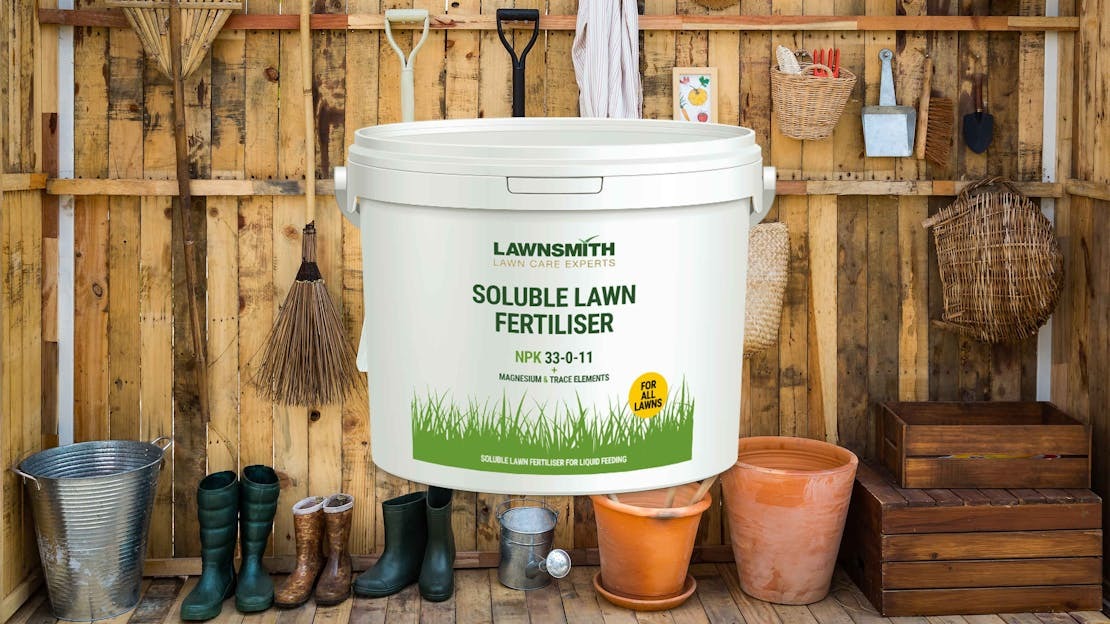
Fertiliser Storage and Shelf Life
The shelf life of fertilizers can vary widely based on factors such as the type of fertilizer, storage conditions, and packaging. Here's a general guideline for some common types of fertilisers:
Granular or Pelleted Fertilisers
These are typically very stable and have a longer shelf life compared to liquid fertilizers. If stored in a cool, dry, and well-ventilated area, granular fertilizers can remain effective for several years. However, over time, they may lose some of their nutrient content due to volatilisation, so it's recommended to use them within the first two years.
Powdered Fertilisers
Most powdery fertiliser is of the weed and feed variety. They will take on moisture very quickly so keep well sealed. This also means they may have a limited shelf life and may have a use by date.
Soluble Fertiliser
Soluble fertiliser is also very prone to absorbing moisture which is why ours comes in a resealable tub. If kept sealed they should be good for at least 2 years.
Liquid Fertilisers
Liquid fertilisers tend to have a shorter shelf life compared to granular fertilizers. Depending on the formulation and storage conditions, liquid fertilizers can last anywhere from 6 months to a year. They are more prone to degradation due to exposure to air and sunlight, which can cause nutrient breakdown. Most seaweed products will only last 12 months once the container is opened.
To Maximize the Shelf Life of Fertilisers
- Store them in their original, tightly sealed packaging to minimize exposure to air and moisture.
- Keep fertilizers in a cool, dry, and dark place. High temperatures and humidity can accelerate the breakdown of nutrients.
- Avoid storing fertilizers near sources of heat, direct sunlight, or moisture
- Do not allow liquid products to freeze
- Regularly inspect stored fertilizers for signs of clumping, caking, or changes in texture, as these could indicate deterioration.
It's important to note that as fertilizers age, their nutrient content may degrade, affecting their effectiveness. If you're unsure about the quality of your fertilizer, consider conducting a simple test on a small area of lawn before applying to the whole area. If in doubt, it's better to replace old fertilizers with fresh ones to ensure optimal plant growth and health.
Please do not discard fertiliser into drains or near water courses. Most household recycling centers can take unwanted fertiliser.